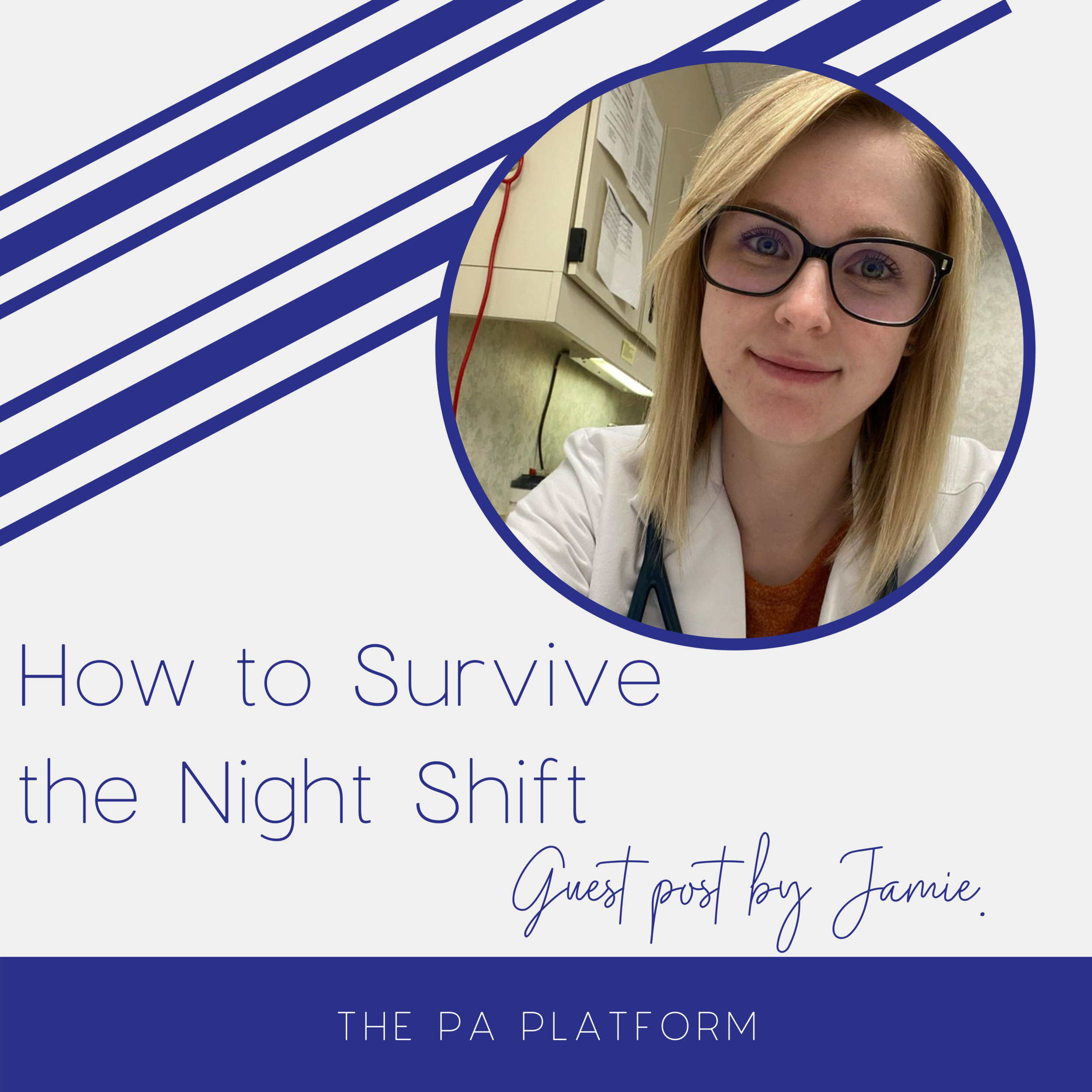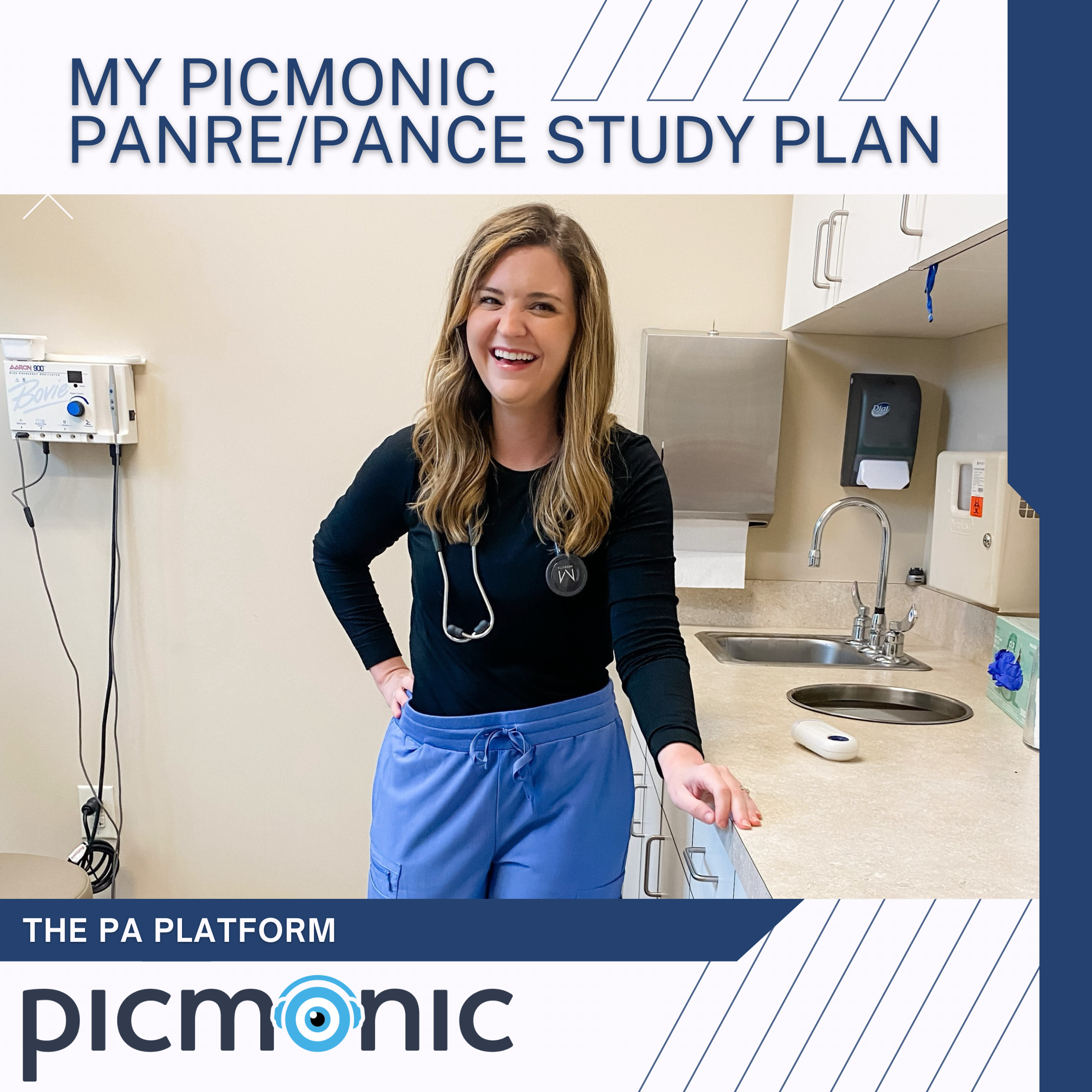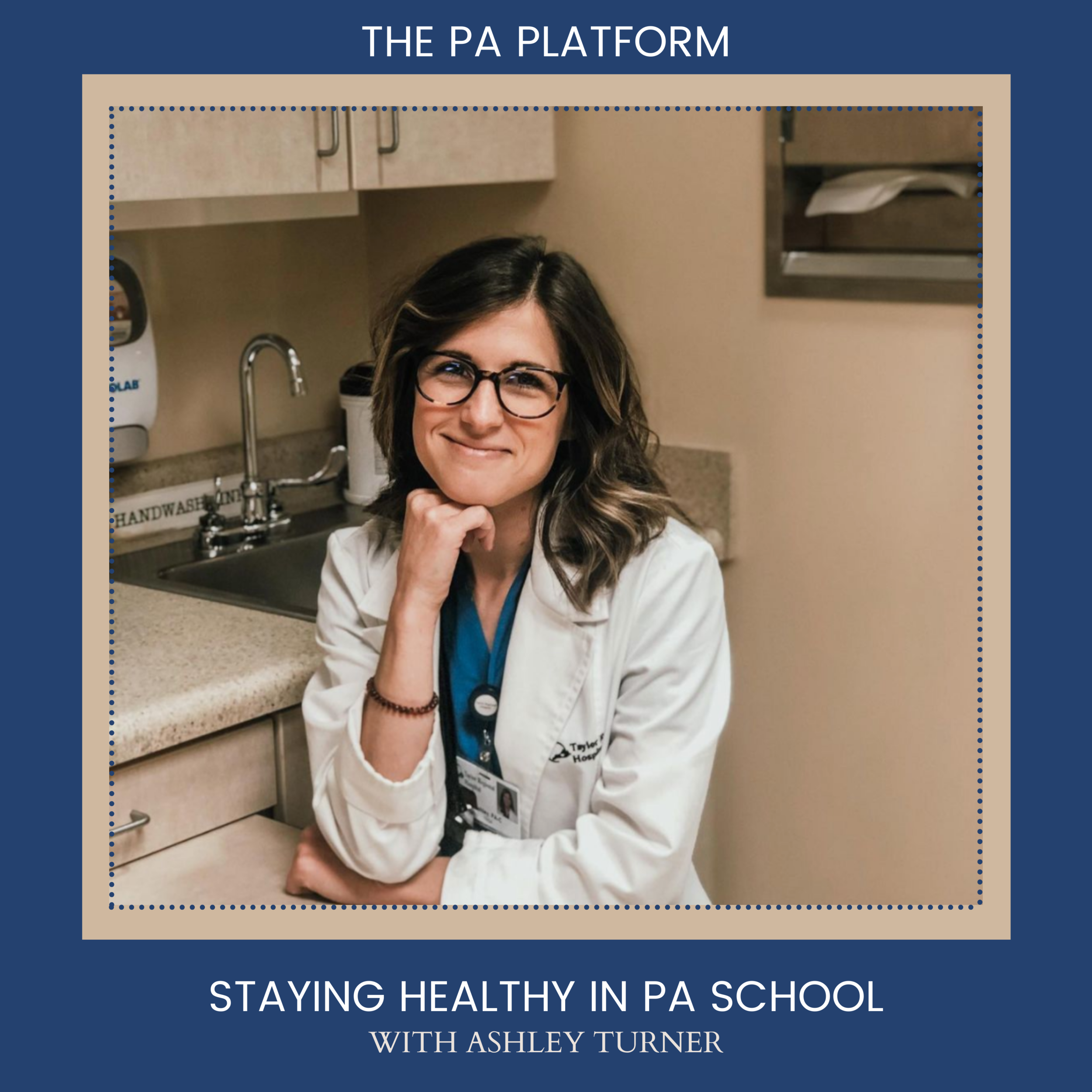So you’re looking to survive night shift, huh? Maybe you’re a pre-PA student whose CNA position is overnight. Maybe you’re a PA student on a rotation that has stretches of night shifts. Maybe you’re a practicing PA in the ER, like me! Or maybe you stumbled upon this because you Googled, “I think I’m going to die working night shift, help!” Regardless of which category you fall in, this blog is for you.
Here’s a few general tips
While at work:
No caffeine past the first 2-3 hours of the shift (I know, you’re thinking, what? Are you crazy? But hear me out – if you crutch yourself with caffeine you’ll either have trouble sleeping later or crash around 4-5am).
No liquids at all within 4 hours before you want to go to sleep for the day when you get home. (It’s important so you don’t have to wake up every hour to pee during the day).
LOTS of water leading up to that 4 hours (I’m talking at least 60 oz). I use a large tumbler like this.
Snacks – healthy ones that will keep your energy up, like granola bars, oatmeal/overnight oats, fruits like bananas, berries, apples and peanut butter. If you like veggies, that’s great, too. I find I do better when I do nothing but snack all night rather than have an actual meal.
Once you’re home:
Pee one more time before bed
Shower if you need to (in a viral pandemic this is a good idea, advice may not apply if stumbling across this in 2025)
Brush your teeth
Read for 15-30 minutes – not on your phone! If you have blackout curtains, read with a lamp instead of sunlight. No electronic devices. If you’re going to take melatonin, do so now. When you get that wave of sleepiness, you need to sleep right then and there or it will pass and not work.
Black out curtains or an eye mask to block the sun
Ear plugs or a white noise machine to block out daytime noises, such as your husband talking on the phone while working from home, or your neighbor deciding 8am is a fab time to mow their lawn.
Schedule
If I have a stretch of 3-4 nights in a row, I treat that very differently than if I have one random night shift. Night shifts are any 8-12 hour shift that starts after 5pm. So this could be 5pm-3am, 6p-4am, 9p-7a, or a true 7p-7a. I consider the 5 & 6pm shifts “evening” and 7 & 9pm true graveyard shifts. If you have both available to you, it is of course easier to do a 6p first then a 9p to work yourself up to the 9p. You may not make your own schedule, though, so this is easier said than done.
Let’s say your stretch is 9pm for four days straight. This is how I typically tackle it:
Day 1
(Before your stretch, you do not work this night) – Go to bed when you usually would and you get a good, normal nights rest. This might mean you wake up at 8am or 11am. Let your body wake you up when you’ve had enough sleep, don’t force yourself to stay up late and try to sleep late. You’ll just rob yourself a good nights rest. I also would advise not drinking alcohol this night, as it will severely impact your sleep quality even if it’s just a glass or two of wine.
Day 2
(Your first night shift) – around 4 or 5pm, you’re going to try to take a nap. Ideally this is a 1.5 or 3 hour nap as a sleep cycle is about 90 minutes. If you have trouble sleeping (which I sometimes do, I’m not a great napper), then you’ll want to make this time restful. Read a book, color, watch TV. Don’t interact with anybody, don’t scroll your social media – just something mindless and quiet. Then eat a full meal around 7pm and head to work. If you are the type of person to work out, I usually do so around 2pm-ish.
Day 3
(Your second overnight shift) – you’re getting home around 8am. You’ll simmer down by showering, brushing your teeth, and reading in bed for a bit. Black out the room, turn on your white noise. Then you’re going to sleep as long as you can. If you’re me, that will be around 4 hours and then you’ll wake up starving. No problem! Get up, eat a meal (no caffeine yet), and now you work out, you watch TV, whatever it is you like to do. Now here’s the most important part: you nap again. Same as before, around 4-5pm, you take a 1.5-3 hour nap. Now you have successfully slept about 7 or 8 hours total.
Note: I know others who prefer to stay up in the morning when they get home, like you would do after a normal 8a-5p job. Eat a meal, hang out with their partner, exercise, walk the dog, whatever it may be, and then sleep around 11am-7pm. That’s fine, too, but I find the biphasic schedule works best for me because I am terrible at sleeping during the day.
Days 4-?
(However many more are in your stretch) – same as day 3. On your last day, to “flip back,” I typically wake up after that 4 hour mark and just stay up. I’ll go to bed around 12a that evening and feel hungover most of the day, but the following day I can wake up around 9am and feel much better rested and now can be a functional human going forward. Rinse and repeat indefinitely.
Alternative advice: never flip back and forth, embrace being a creature of the night and change your wardrobe to match your new vampire personality. Might I suggest something like this?
Sleep Aids
Let’s talk briefly about safe over-the counter medicated sleep aids.
First, a disclaimer, is that I typically do not use these because they make me feel like garbage. If I do, it is usually a melatonin on the day after my last night working so I can fall asleep around that 12am mark as desired. I don’t like the grogginess that many of these others bring.
Melatonin 1-3mg is sufficient. More melatonin =/= more sleep. To be taken about 1 hour before you want to fall asleep and when you feel sleepy you must let yourself fall asleep. If you fight it and keep reading or watching TV, it will pass and it won’t work. I have learned from poison control that it’s pretty much impossible to OD on melatonin, but again, you don’t really need a lot for it to be effective if you use it correctly. As a fun side effect, it can cause nightmares and exacerbate sleep paralysis.
Antihistamines – medications traditionally used for allergies with a strongly sedating side effect. Unisom is used off-label for nausea in pregnancy, Dramamine for motion sickness. These will help you fall asleep, but frequently cause that “next day grogginess,” especially doxylamine due to its long half-life.
Dimenhydrinate – AKA Dramamine (shortest ½ life at 3-9 hrs)
Diphenhydramine – AKA Benadryl (moderate ½ life at 4-8 hrs)
Doxylamine – AKA Unisom (longest ½ life at 10-12 hrs)
Ask your doctor before taking if you are pregnant, have seizures, angle-closure glaucoma, enlargement of prostate gland, asthma, emphysema, or acute hepatic insufficiency.
And there you have it, folks. A comprehensive guide to how I survive night shift and flip-flop back and forth to do things during the day on my days off. This only works if you are able to have waves where you do 3-4 on and 3-4 off. If you have 1 on-1 off or other variations, you may have to try several schedules before you find the right thing for you. Hopefully you at least gleaned a few tips from this blog. If you have any other helpful tips, reach out – I’d love to hear ‘em!

















